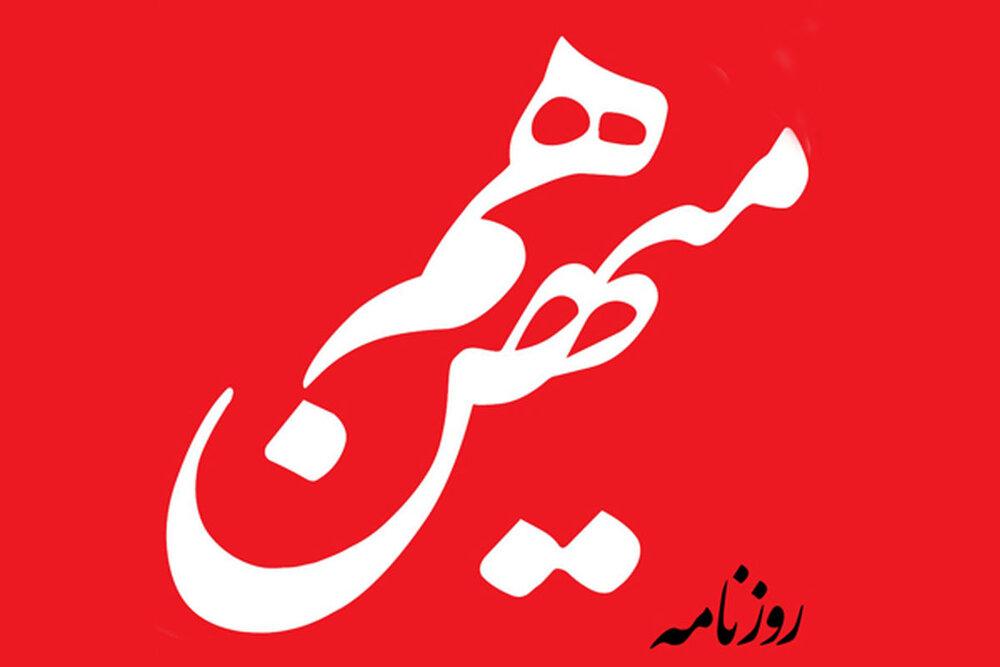Palestine Action ban: UK government failed to consider impact on Palestinians, court hears
Palestine Action ban: UK government failed to consider impact on Palestinians, court hears

The home secretary failed to take into account the impact on the Palestinian community in the UK in proscribing the direct action group Palestine Action, lawyers told the appeals court on Thursday.
In arguments presented in opposition to the government's appeal against the granting of a judicial review into the ban, barrister Blinne Ni Ghralaigh said Yvette Cooper, who was then home secretary, had neglected her duty under the Public Sector Equality Duty (PSED) by overlooking the consequences of the ban on Palestinians in the UK.
Palestine Action was added to the list of proscribed terrorist organisations in July. Since then, hundreds of people have been arrested, accused of showing support for the group, at protests calling for the ban to be rescinded.
“We say it must be at least arguable that the proscription of a group called Palestine Action, one of the founders of which, the claimant Huda Ammori, is of Palestinian heritage, which is concerned with preventing atrocity crimes against Palestinians, in the context of an extreme military assault on Palestinian territory, which many experts constitute as the intentional destruction of Palestinians as a group,” Ni Ghralaigh told the court.
“For the secretary of state to have erased Palestinians as a group from her assessment of the impacts of proscription must at least give rise to an arguable ground.”
An 'exceptional' case
Raza Husain, also representing Ammori, described the case as “exceptional", noting it was the first time in British history that a direct action group with no advocacy of violence had been proscribed.
He pointed to the group’s substantial public support - 248,000 followers on X and more than 400,000 on Instagram prior to proscription - and argued that the move had triggered “widespread and ongoing civil disobedience, of which we have, in Lord Hoffmann’s words, an honourable history".
“There is colossal public interest here and a real issue of public confidence in the regime of the act,” Husain said, adding that the criminal cases arising since the ban underscored the urgent need for judicial review.
“It is absolutely vital that JR [judicial review] is permitted to proceed to protect the rights of the hundreds, if not thousands, of people subject to arrest, criminal proceedings, immediately following proscription, where people have been arrested and some have had to enter pleas.”
Earlier this month, Middle East Eye revealed that more people had been charged under Section 13 terrorism powers, which prohibit displays of support for proscribed organisations, since the ban in July than during the entire period from the start of the so-called "war on terror" in 2001 up until then.
A flawed process
A last-ditch attempt by Ammori at the High Court to stop the ban was rejected minutes before it came into force in July. However, the court later granted her application for a judicial review to re-examine the case.
The government was then granted permission to challenge the judicial review ruling. It argues that legal procedures for banned groups to challenge proscription orders already exist through the Proscribed Organisations Appeal Commission (POAC), a closed and highly restrictive tribunal process.
Representing the government, James Eadie said Justice Martin Chamberlain's approval of the judicial review created a "recipe for chaos" and could lead to defendants in criminal cases challenging the ban as part of their defence.
“It would be a recipe for chaos which would arise in the context of every single proscription prosecution for every single proscribed organisation," Eadie said in written submissions.
But Husain said that the route was “flawed” due to issues of timing, suitability and detriment. “Justice delayed is justice denied,” he told the court, citing UN human rights chief Volker Turk’s criticism of the decision to ban Palestine Action.
Turk said the proscription “limits the rights of many people involved with and supportive of Palestine Action who have not themselves engaged in any criminal activity but have rather exercised their right to freedom of assembly and expression".
Legal observers have long warned that POAC, which hears cases behind closed doors and allows secret evidence withheld from claimants, undermines open justice and shields politically controversial decisions from scrutiny.
The panel of judges confirmed they would reserve judgment, with a decision expected in October.
Criminalising solidarity
Palestine Action, founded in 2020, is best known for its campaign of direct action against UK sites connected to Israeli arms company Elbit Systems.
The group has staged occupations, factory shutdowns and protests targeting facilities it says are complicit in supplying weapons used in Israel’s assault on Gaza.
Its activists insist their tactics are non-violent and rooted in a long British tradition of civil disobedience, from the Suffragettes to the anti-apartheid movement.
The Labour government’s decision to outlaw the group in July marked the first time a non-violent protest organisation had been proscribed under terrorism laws. Rights campaigners say this sets a dangerous precedent, criminalising political dissent and equating solidarity with Palestinians to terrorism.
The group Defend Our Juries has noted that more than 1,600 people have been arrested opposing the ban on Palestine Action.
The move comes amid what critics describe as an escalating crackdown on pro-Palestinian activism in Britain.
Since Israel’s war on Gaza began last year, police have faced accusations of heavy-handed tactics at protests, while ministers have sought to curb expressions of solidarity, including displays of the Palestinian flag.
For Britain’s Palestinian community, the proscription has deepened fears that their identity, heritage and political expression are being deliberately erased from public life.
The outcome of the case could have far-reaching consequences not only for Palestine Action but for the broader right to protest in the UK.







